China and Morocco share cultural ties that are set to become even stronger, especially as new visa-free travel gives greater potential to further exchanges, Yang Feiyue reports.
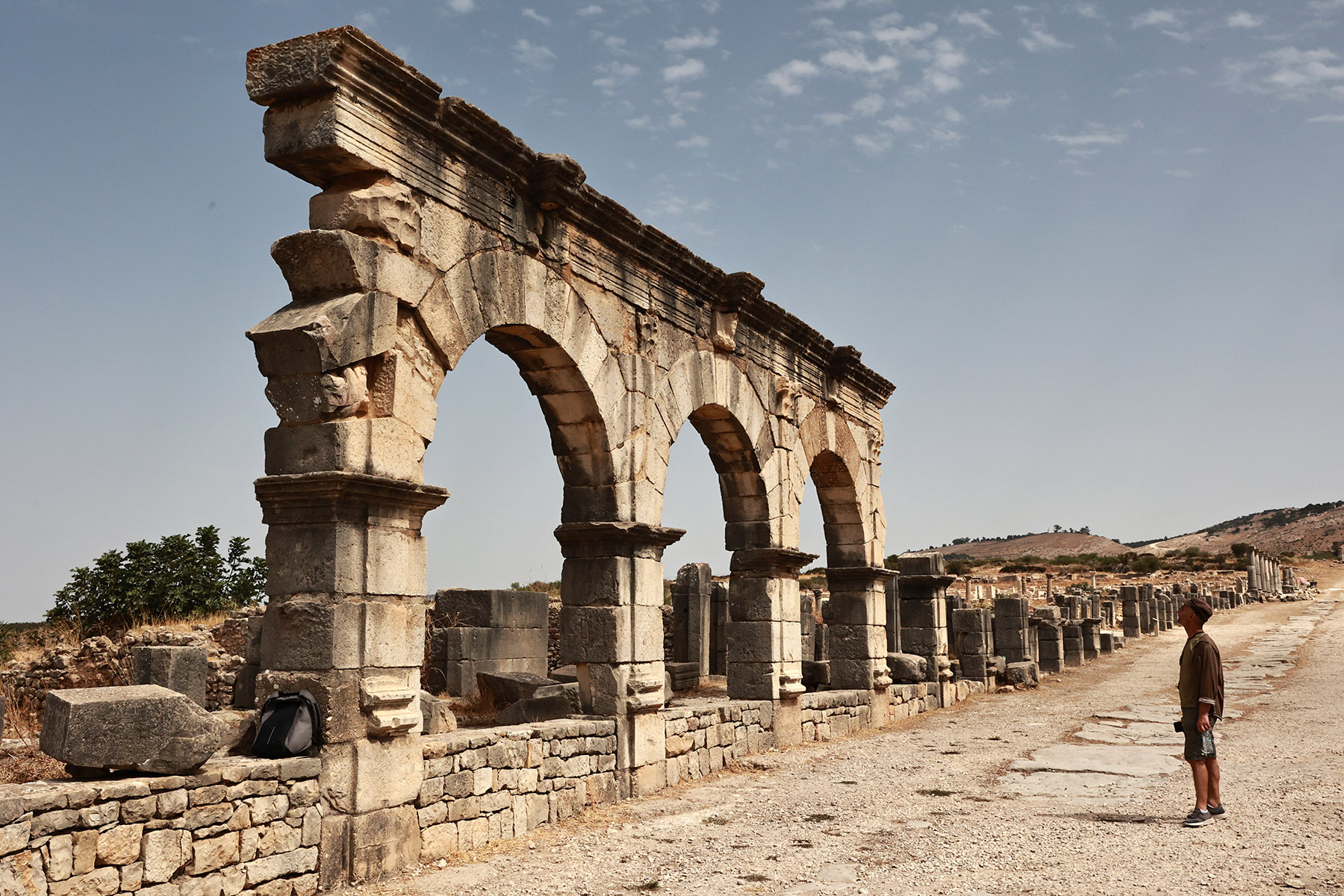
Ma Kai couldn't have been more thrilled two weeks ago when he finally received approval for his transport license, the key to unlocking his vision for tourism in Morocco.
Nine months after applying, his tourism operation Yuetu in Casablanca became one of the first Chinese-owned travel companies to obtain a license since the pandemic.
"We've bought new vehicles and hired reliable drivers," says the man in his 30s, originally from Central China's Henan province.
READ MORE: Xi: China to push for greater development of ties with Morocco
Owning a fleet of vehicles now means full control over the travel experience, ensuring his clients receive seamless service, from airport pickups to desert excursions.
Ma observes that the tourism industry has rebounded to its pre-pandemic levels since 2023, with a significant increase in Chinese business travelers.
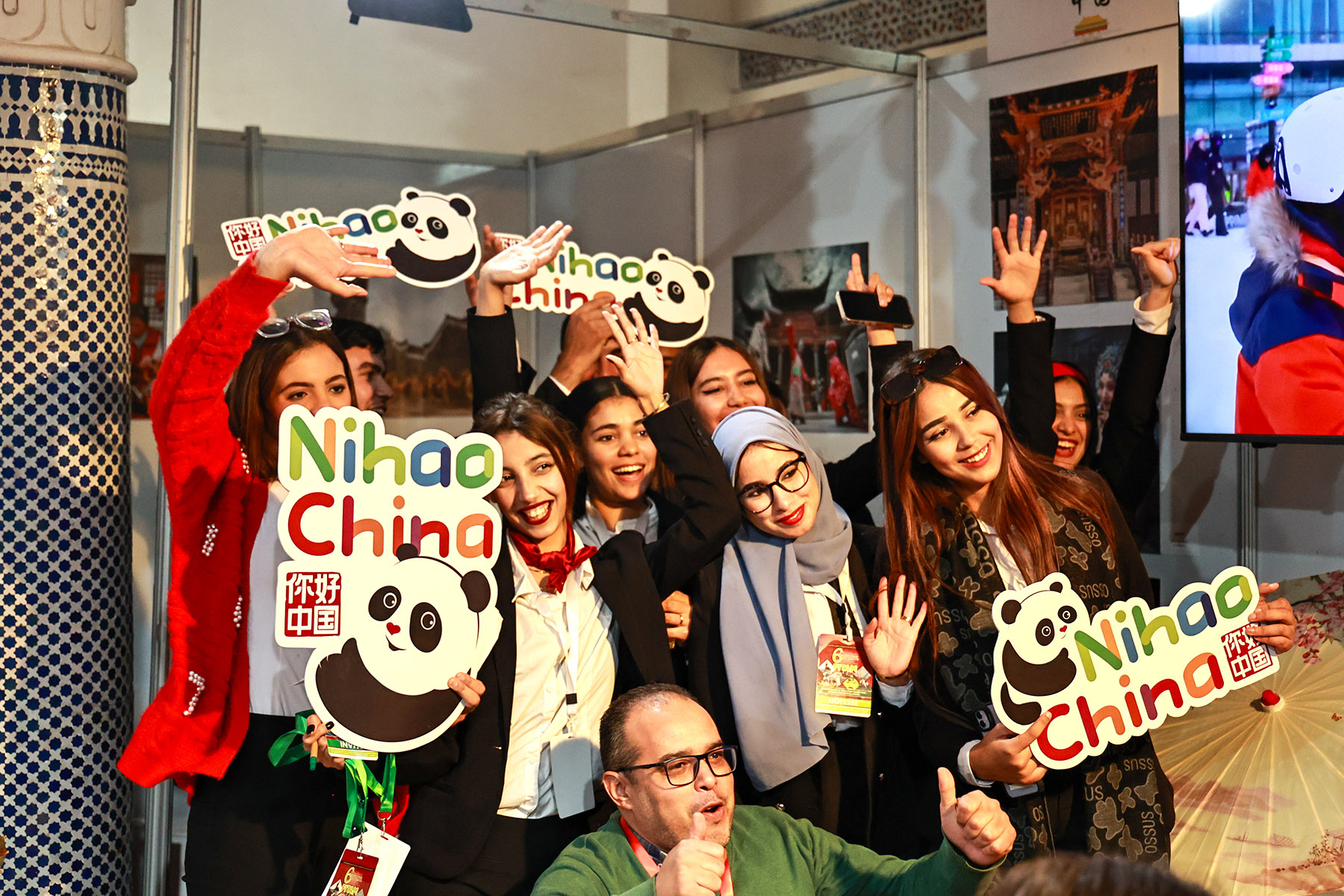
After graduating from Beijing Foreign Studies University with a degree in Arabic language and culture, Ma has built a unique life and career in Morocco.
He is drawn to the country's rich history and the allure of its diverse landscapes spanning the Atlantic Ocean, the Mediterranean Sea and the Sahara desert.
His fascination with Morocco began during his university years when he learned about famed Moroccan traveler Ibn Battuta and the country's geographic wonders. When Morocco introduced visa-free travel for Chinese nationals in 2016, Ma began conducting market research and laying the groundwork for his tourism venture.
Upon arrival, he immersed himself in the local tourism industry, working as a guide and translator to understand the market firsthand.
It wasn't long before he observed a deep trust among Moroccans.
"During prayer times, shopkeepers often leave their stores unattended, placing only a stick or a chair at the entrance to signal they're away," he notes. "This level of trust was eye-opening."
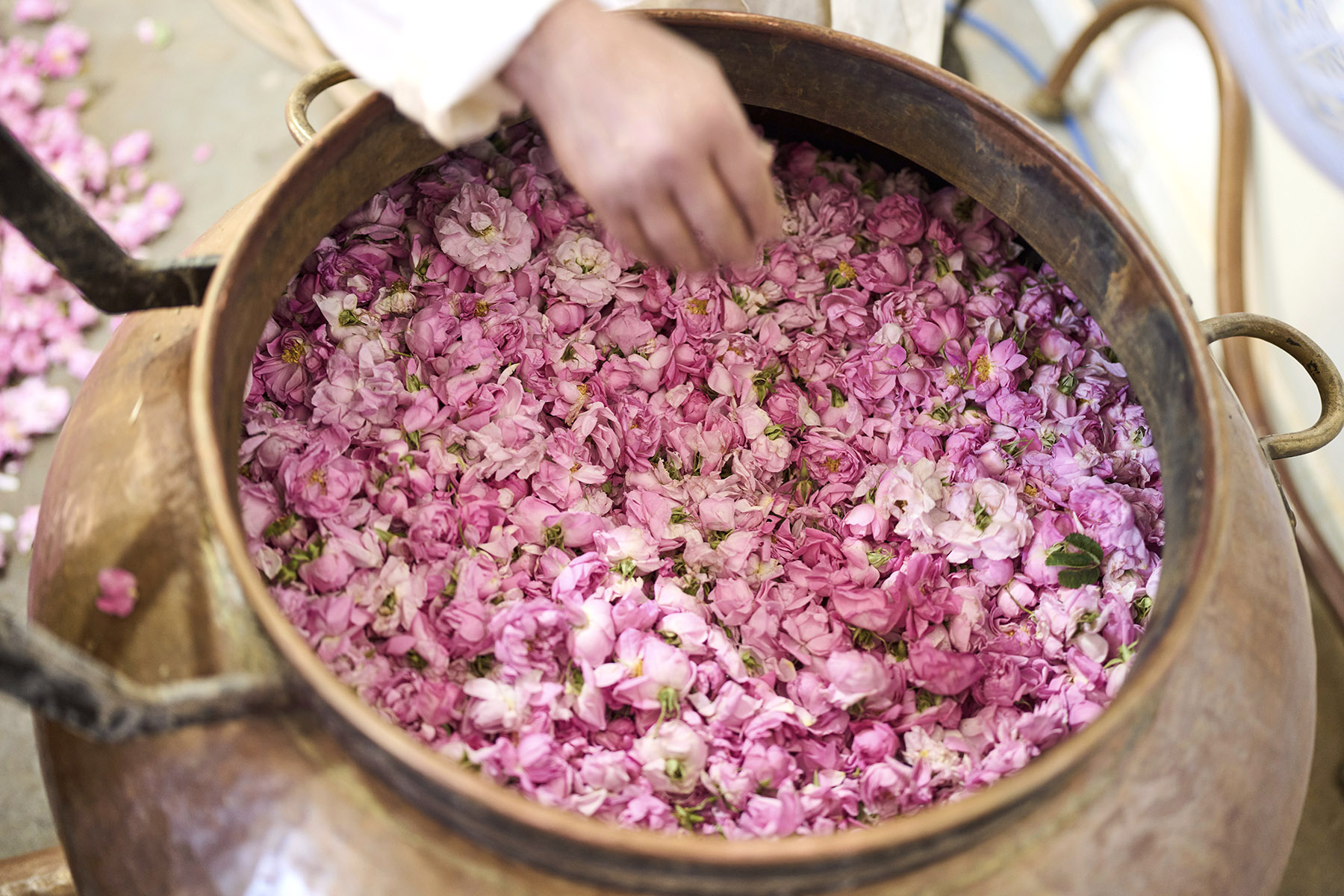
Another impressive cultural phenomenon he identifies with is the emphasis on family and community.
"My Moroccan mother-in-law is always visiting relatives — family gatherings are a constant," Ma shares.
Ma's company specializes in customized tours that blend Morocco's historical depth with unique cultural experiences. From fossil-hunting expeditions in the Atlas Mountains to witnessing the annual Damask rose harvest, his itineraries cater to niche interests.
He also arranges immersive experiences, such as celebrating Eid al-Adha (the Festival of Sacrifice) with Moroccan families.
"Many Chinese visitors are surprised by the Moroccans' warm hospitality," he says.
"Business partners might greet them with flowers or even a live band at the airport — it's a level of personal attention that resonates with Chinese guests," he notes.
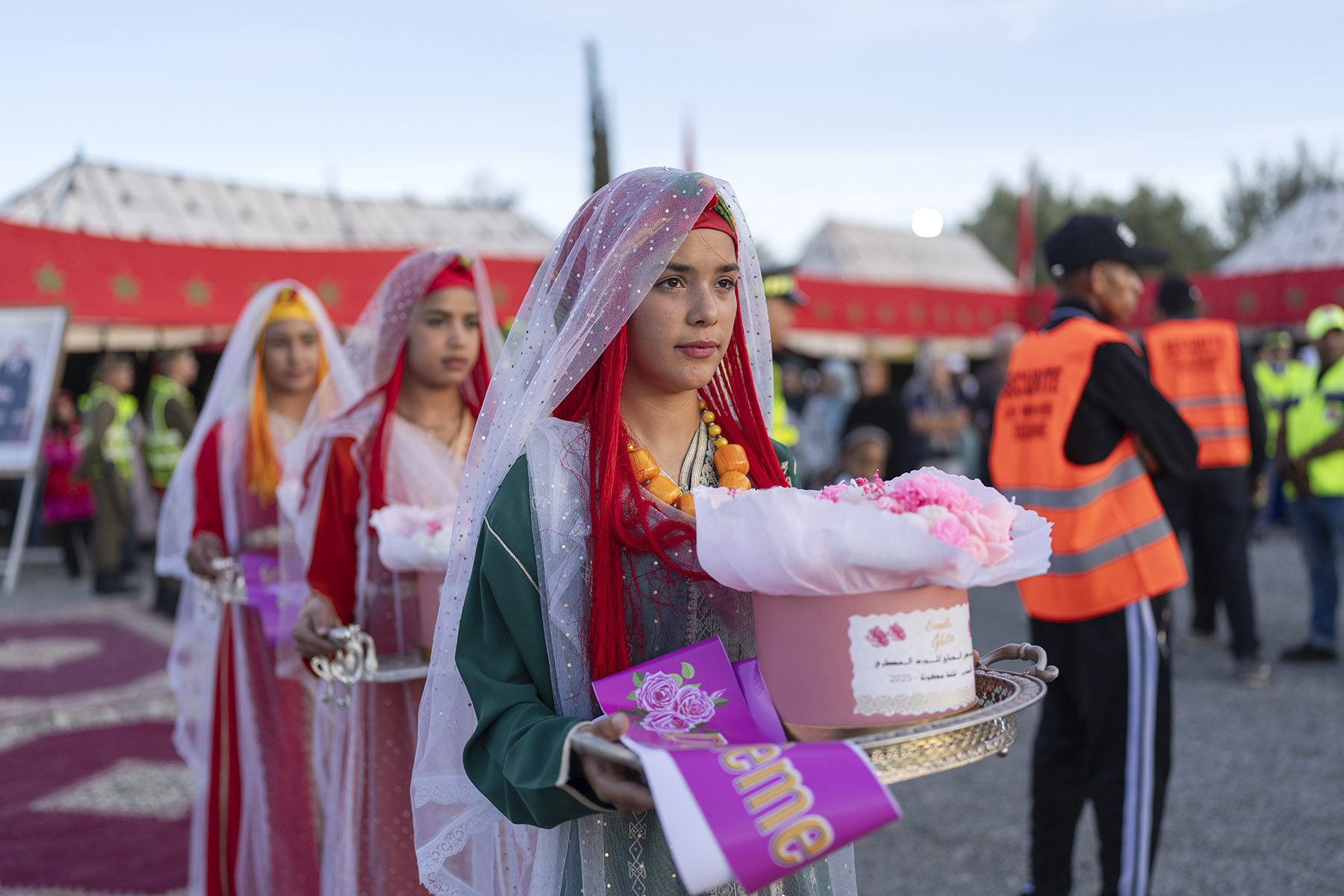
Journeys of understanding
Ma's observations mirror a larger trend recognized by Morocco's tourism authorities. As Chinese arrivals rebound, the government is actively cultivating this market.
Hicham Bellaziz, director of China at the Moroccan National Tourism Office, has promoted Morocco across China for two years and witnessed over a 70-percent increase in Chinese arrivals during the 2023-24 period.
"Tourism from China has steadily increased each year, peaking in 2019, when we welcomed over 150,000 Chinese visitors," he says.
"The visa-free policy is a key factor in boosting these numbers. With two direct flights added to connect Beijing and Shanghai, we are confident we will surpass the 2019 figures," he adds.
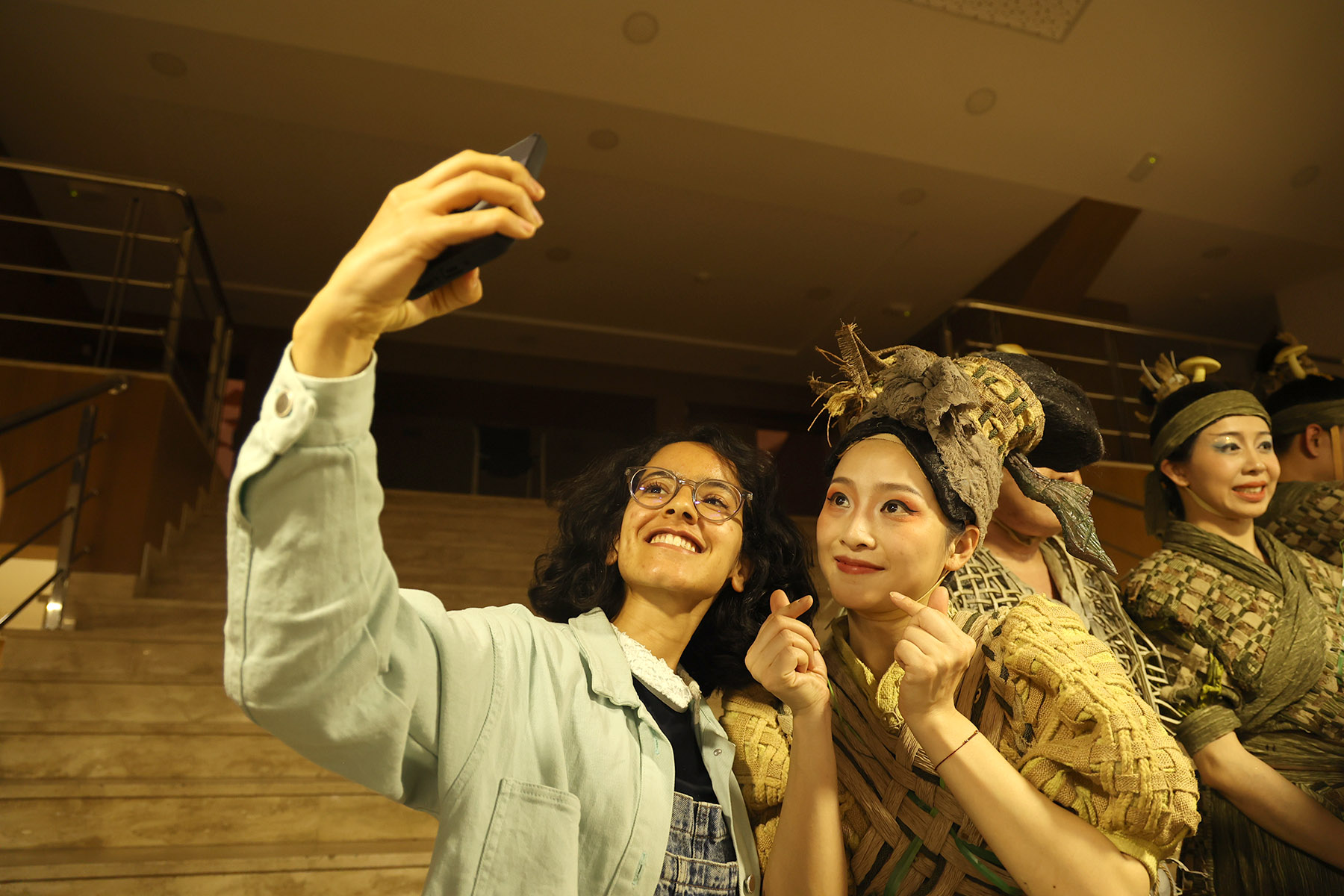
Bellaziz sees great potential in cooperation between Morocco and China, as the two countries share a culture deeply rooted in respect for tradition.
"This shared cultural reverence forms a foundation for mutual understanding," he says.
Morocco has collaborated with big tourism players in China following the pandemic to relaunch their activities and introduce what Morocco offers on Chinese social media platforms like WeChat and RedNote.
Additionally, Moroccan authorities have organized trade events in cities like Beijing, Shanghai, and Guangzhou and Shenzhen in Guangdong province to showcase Morocco's diverse tourism offerings.
"One of Morocco's greatest appeals is its cultural diversity. From the coastal city of Casablanca and the majestic Sahara desert to the vibrant blue of Chefchaouen, each place offers a unique experience. For Chinese travelers, this variety resonates with their desire to explore different layers in one trip," Bellaziz says.
"Morocco's culture, influenced by Arabs, Berbers, Jews, and Europeans, provides a mosaic that is not only visually stunning but also historically significant," he adds. "The country's ancient monuments, cities and customs offer Chinese travelers a chance to immerse themselves in centuries-old traditions that are different yet somehow familiar due to our shared values."
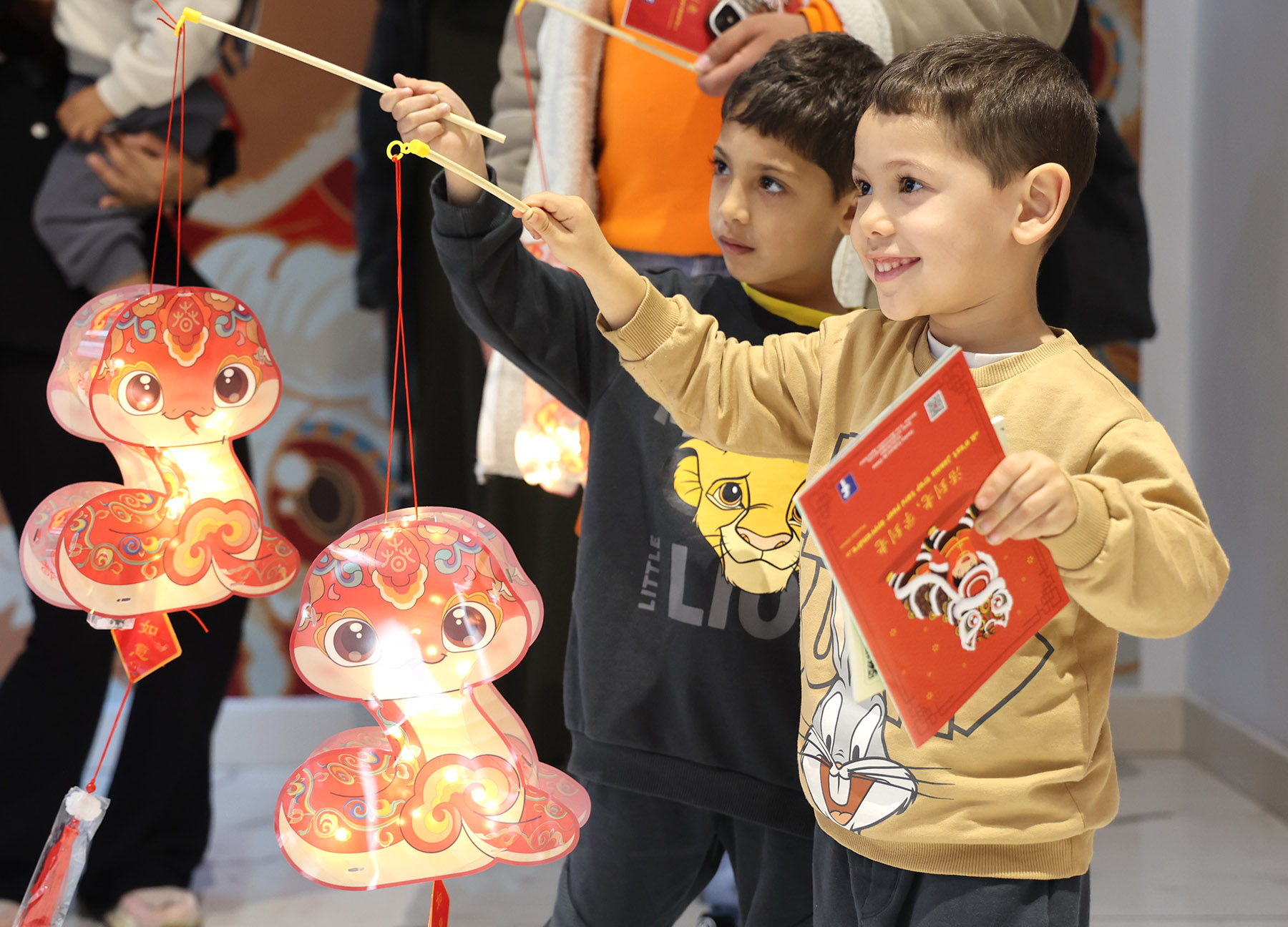
Morocco also is keen to explore cultural exchange, especially in the realm of music.
"The musical traditions in certain Moroccan regions have strikingly similar styles found in China. We're considering making a documentary exploring how these musical similarities could strengthen the cultural ties between our two nations," Bellaziz says.
He has also noticed a trend in which Chinese tourists are exploring Morocco more independently, with small groups and families instead of through organized tours.
"This allows them to appreciate the depth of Moroccan culture at their own pace," he says.
Beyond tourism, Bellaziz foresees good prospects in cultural exchange.
"Morocco can serve as a bridge for China, offering a gateway to African and Arab cultures, while also providing a chance for Morocco to learn from China's long-standing traditions in areas like philosophy, art and architecture," he says.
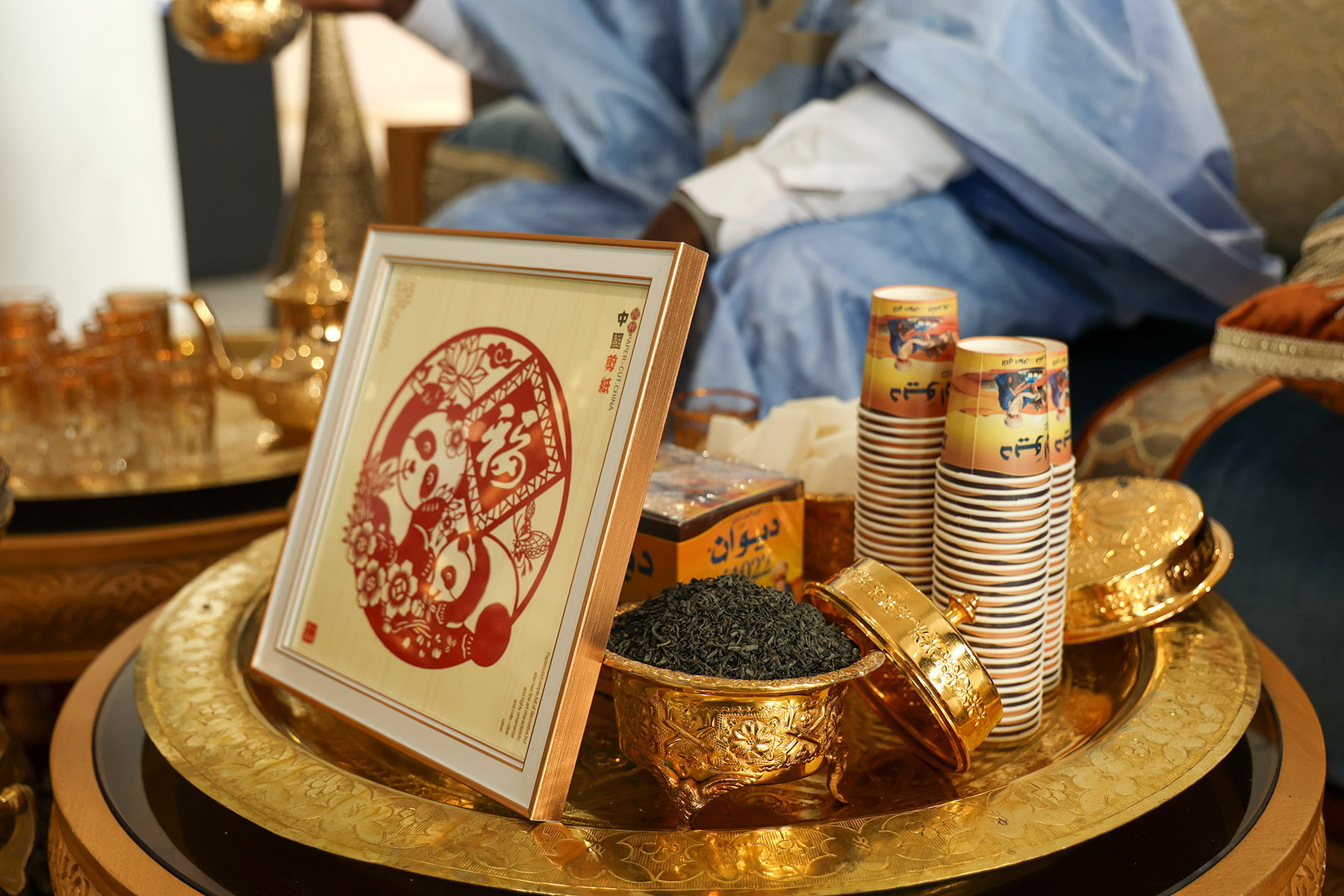
A bilateral future
Liu Xinlu, vice-president of the Beijing Foreign Studies University and a senior expert in Arabic studies, points out that China and Morocco, though oceans apart, are weaving a shared cultural and economic destiny.
From Morocco's breathtaking blend of Arab, African and Mediterranean influences to China's rise as a partner in development, the two nations are discovering mutual respect and growing synergy, Liu says.
"Morocco's openness — where Christmas trees can be found standing beside mosques and ancient Roman ruins neighbor vibrant souks — resonates with China's philosophy of 'harmony without uniformity'," Liu explains.
"Both civilizations have thrived by absorbing outside influences while retaining their core identity," he adds.
Liu believes the bilateral future of the two countries shines bright, as more film festivals, literary exchanges and student programs deepen understanding, while renewable energy, tech and agricultural collaborations promise mutual growth.
"In a world often divided, China and Morocco's friendship stands as a beacon of cooperation, curiosity, and shared prosperity," Liu says.
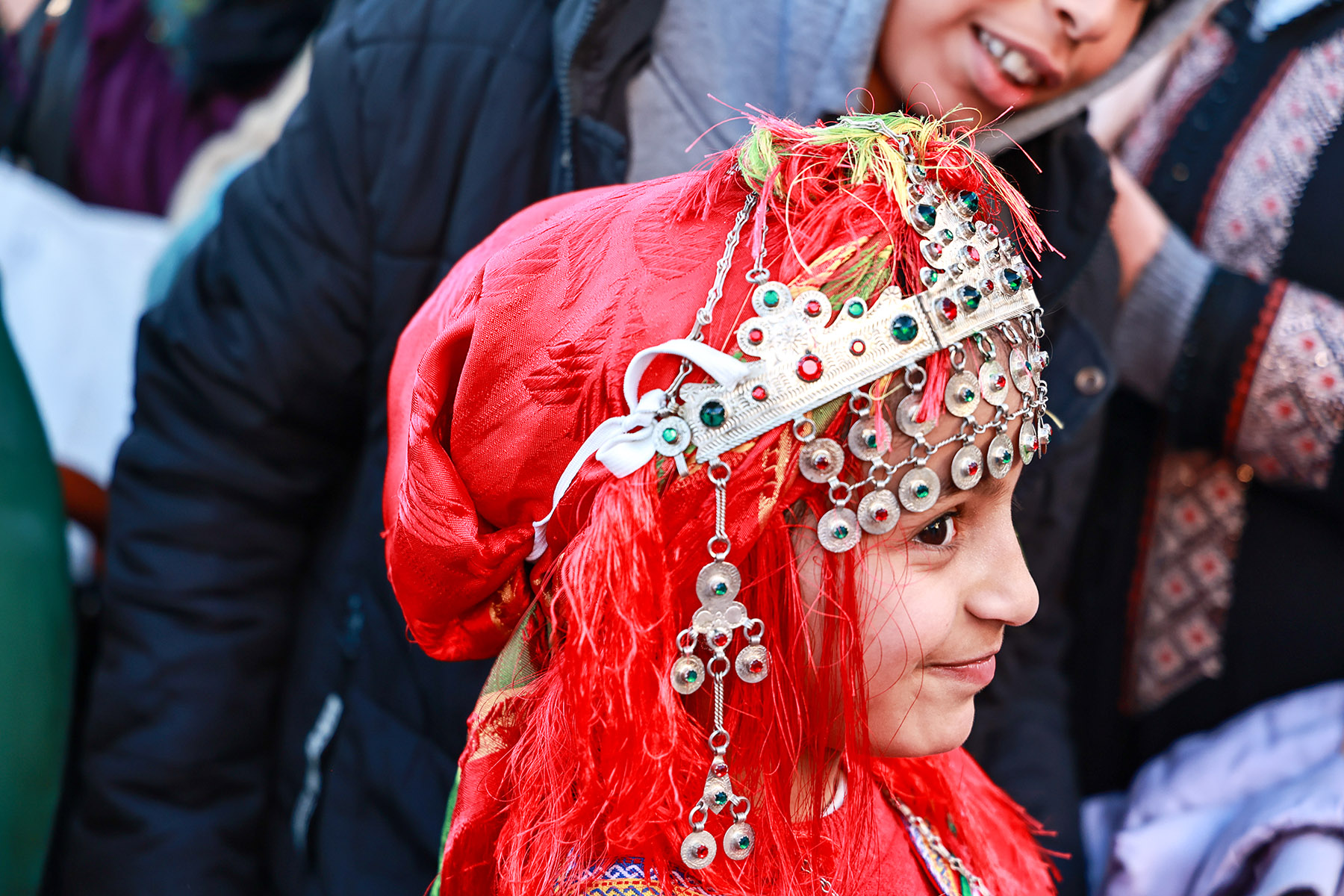
Deng Junnan, general manager of CTG Travel Services' outbound travel division for North China, owes Morocco's growing popularity in the Chinese market to TV shows and films showcasing the country's stunning landscapes and rich heritage, as well as Morocco's visa-free policy and direct flights. "World heritage sites, desert experiences, and family-oriented travel are popular among Chinese tourists," Deng says, adding that the most praised segment in classic itineraries is viewing the Sahara's sunset and stargazing.
She is looking forward to direct flights connecting more cities on both sides, as Chinese travelers show an increasing demand for unique, less crowded experiences in Morocco.
ALSO READ: Overseas niche destinations popular among Chinese tourists
Ma Kai has fully embraced local life — he married a Moroccan woman and is raising a family. While cultural differences, such as dietary habits, still require adjustment, he values the simplicity and integrity of Moroccan society.
"My employees return lost cash and valuables to guests without hesitation," he says. "I deeply admire that honesty."
After nine years in Morocco, Ma plans to continue fostering cross-cultural understanding through tourism.
"Morocco is my second home," he says. "Through my work, I hope more Chinese travelers will discover its beauty and warmth."
Contact the writer at yangfeiyue@chinadaily.com.cn


